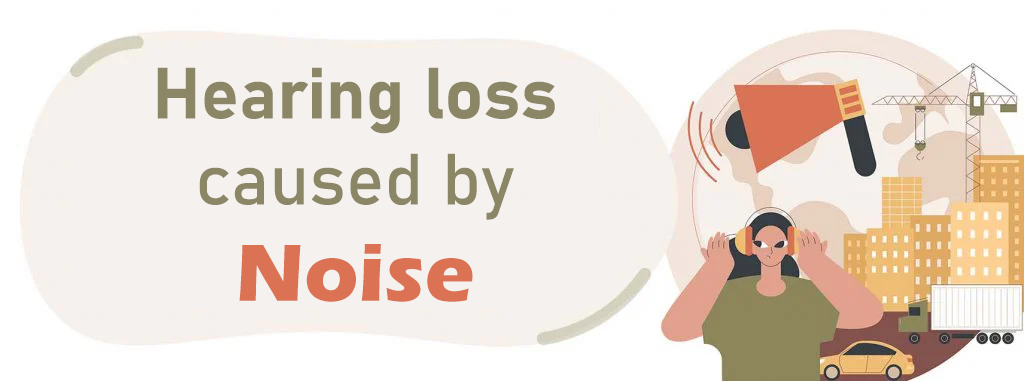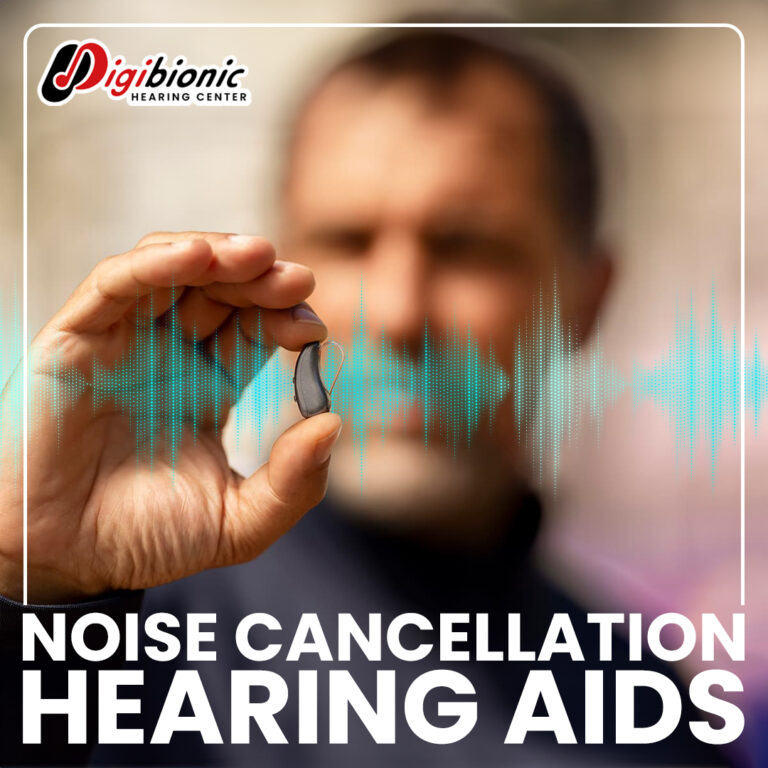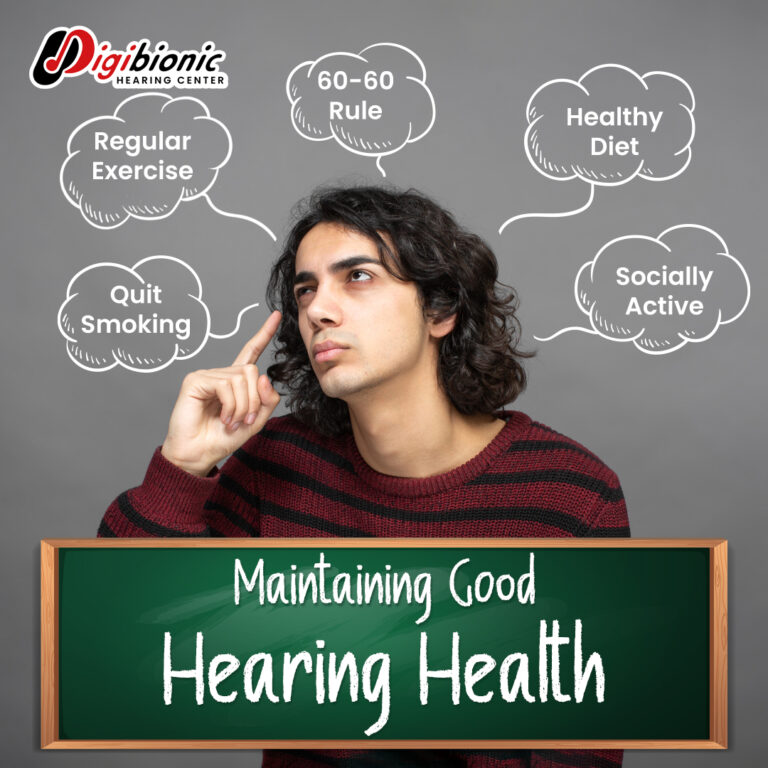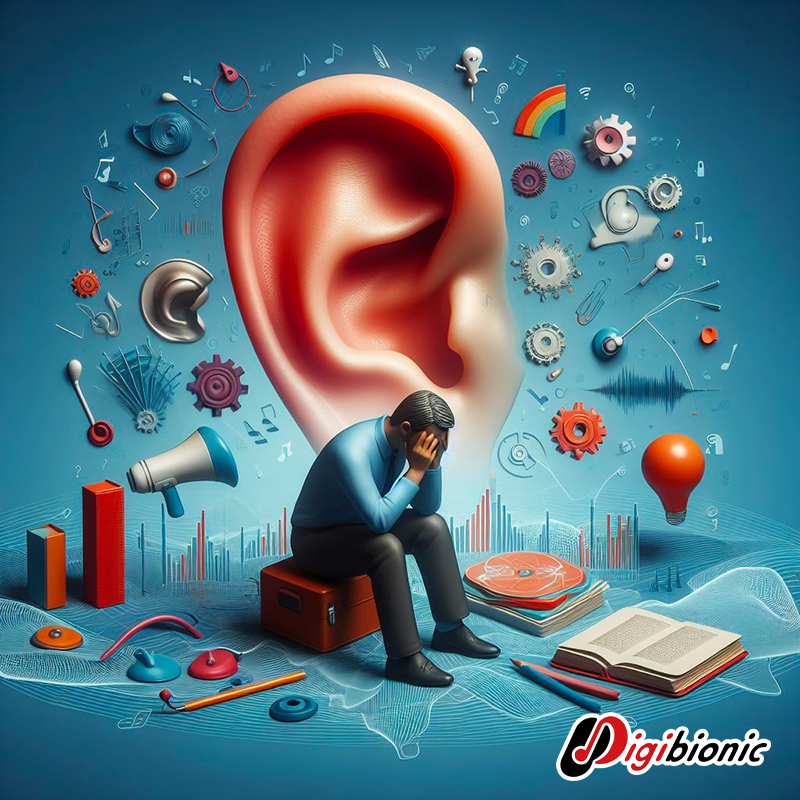Noise-Induced Hearing Loss: What You Need to Know
Sounds you may not know are damaging your hearing
- April 22, 2024
- Written By Digibionic India

Hearing is an important part of everyday life. But most people don’t know when they are damaging their ears. Causes of hearing loss include infection, aging, and traumatic brain injury. But one of the most common causes is exposure to loud noises, such as firecrackers. Noise-induced hearing loss (NIHL) can develop after one episode of strong noise exposure or after listening to very loud noises over time passed.
Everyone has tiny hair cells in the inner ear (cochlea) that vibrate and send electrical signals to the auditory nerve, helping you hear. Different groups of hair cells interpret sound frequencies differently. Over time, if these hair cells are damaged or broken enough, hearing loss can result.
Sounds that damage your ears
A normal, healthy ear can hear frequencies from 20 to 20,000 Hz. However, some sounds can cause long-term or permanent noise-induced hearing loss, either immediately or after prolonged listening. Sound is measured in decibels (expressed as “dB).
A normal conversation occurs at around 60 decibels, which is not loud enough to cause damage. A typical rock concert averages about 120 decibels, which means that hearing damage can occur after the first 15 minutes.
Simply put, the lower the volume, the longer you can listen without damage. The higher the sound level, the less time it takes for hearing damage to occur. Here are a range of sounds that you may not be aware of that can affect your hearing:
85 – 100 decibels
(Takes 6 to 8 hours before damage occurs)
- Heavy traffic
- Window Air Conditioners (Near You)
- Noisy bar
- Dry
- Motorcycle
- Squeeze the toy (near the ear)
- Subway (passing)
- Music player at maximum volume
110 – 180 decibels
(Takes one to 30 minutes before dealing damage depending on level)
- Rock concert (Located near the speakers)
- Thunder
- Emergency car siren
- Balloon popped (near ear)
- Crowd in the field
- Cracker
- Airbag
- Jet plane takes off
How to prevent hearing damage
The easiest way to avoid noise-induced hearing loss is to pay attention to noise levels wherever you go. Listening to levels below 85 decibels can help you preserve your hearing.
If the sound is too loud, do not stay on it long enough to cause damage. When in doubt, your Hearing protection can be used at all times.
Recommended Articles
Why Noise Cancellation is Important in Hearing Aids?
Early Action & Daily Habits for Better Hearing Health
Selection Guide for the Best Hearing Aids for Your Parents
25 February, 2025 Written by Digibionic India As our parents age, maintaining their quality of…








